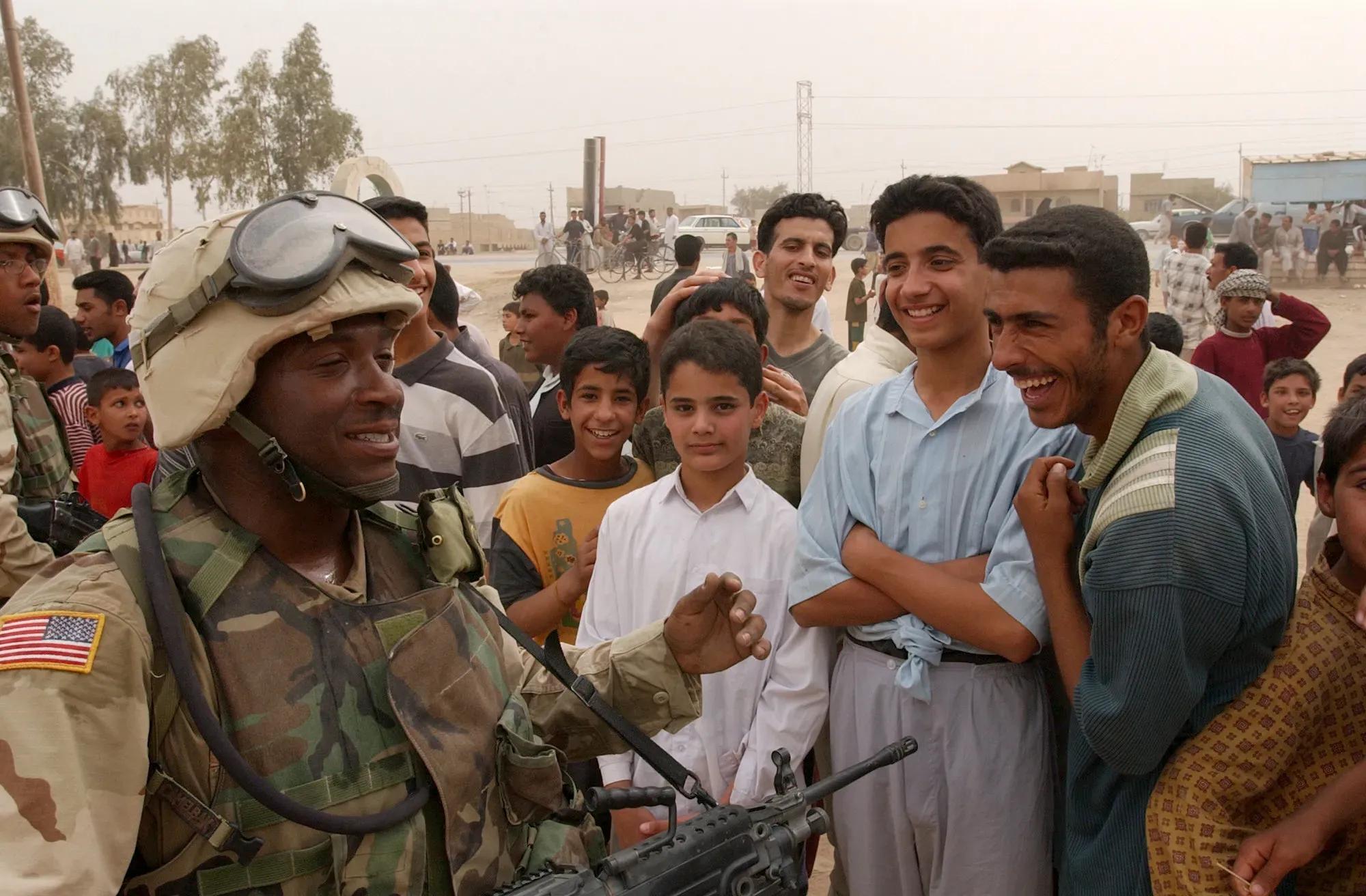“They meddle in everything” or “world police” are expressions that many have heard regarding the foreign policy doctrine mainly carried out by the United States. It is an undeniable reality—Interventionism in general is a large component of the U.S.'s presence in the world, usually accompanied by other Western nations, from minor everyday issues such as ensuring free navigation in international waters in the South China Sea or the Persian Gulf, or the routine assassinations of paramilitary organization leaders mostly in the Middle East; to more extreme cases like the infamous “War on Terror,” primarily marked by military intervention in Afghanistan and Iraq, among several others.
Of course; to the rational mind of a person who has lived in a country with a permanent state of internal catastrophe to solve, it makes little sense to worry too much about what the rest of the neighbors that make up the international community are doing. And given that our only venture with a military initiative was for questionable motives that also yielded a poor result, it is even more natural for us to have a rejection of this way of thinking, and thus the questions arise: Why get involved in international matters that do not concern us? What is the virtue of sacrificing resources—economic, military, and human—for the dilemmas of other nations? What interest is satisfied by doing this?
With the natural complexities of politics in general, I try to be pragmatic and utilitarian; I consider it essential to try to forget the why and focus on the results. The reality is that human history is a history of wars, and now, just as always since its emergence, our Western way of life—one marked by the freedom to be, freedom of expression, the freedom to vote for our leaders, the freedom to worship the god we want to worship, to dress how we want to dress—is threatened by external organisms that know how debilitating a free society would be to their tyranny. While the pillars of the White House in Washington, D.C. are ceremonially lit with the colors of the LGBT flag, in Russia, these same people have been declared a “terrorist organization,” a designation that goes beyond a simple label, as it will, and has already had, severe consequences for anyone there who dares to simply be with a same-sex partner. While we are free to express our opinions on this matter here, in China we would be sent to “re-education camps” for speaking out against a state measure; and while here one dresses as they please with at most a disapproving look, in the Middle East, a woman is stoned to death for not covering her face and anyone who defends her is also condemned to death.
The actions of these nations not only bring tragedy to their residents but also to the inhabitants of the free world, as the military, economic, and cultural influence they have is also powerful, especially through the use of misinformation and political propaganda accounts disguised as ordinary users on social networks, which always have a clear ideological tendency: it is no coincidence that now any far-right political movement strongly speaks out against groups like the European Union or NATO, against aid to Ukraine, and against the basic civil liberties that we unfortunately take for granted in the West (see Reform UK, the National Rally in France, or the most paleo-conservative branch of the Republican Party).
We have enough historical evidence to know that pacifism and appeasement do not work and only fuel these powers. The clearest example of this error was how Hitler was allowed to violate the entirety of the Treaty of Versailles, then annex Austria, then the Sudetenland, followed by the rest of Czechoslovakia, ending each of those steps with the Führer's promise that his desires ended there and that he wanted no more; an error that cost us the most deadly war in history and the genocide of six million people. Today we see signs that the same mistakes are being made: on the date I write this, Russia has bombed a children's hospital for no apparent reason in Ukraine, but this country's armed forces are prohibited from using weapons provided by the U.S. and European countries to attack military targets within Russia.
That is why today, as always, it is important to stand up for freedom. This means taking a strong and clear stance against authority and tyranny. When this can be done through diplomatic means, excellent. If economic measures must be taken, so be it, and if that is not enough and a landing of troops and strategic bombing is required, so be it. I will not protest the attempt to bring democracy and freedom to oppressed people, and I will protest even less if there is a risk of losing it where it already exists.
Unfortunately, in any large organization, there must be a leader who imposes himself above the others to set the direction and the rules. The same applies to the international community. Currently, the dominant hegemony is the Western one led by the U.S. and—as I think I have been able to argue—that is, although it has its flaws, unequivocally positive. Let it remain so. Let us strive to be guided by fifty white stars and not by four yellow ones or one red.

Comments